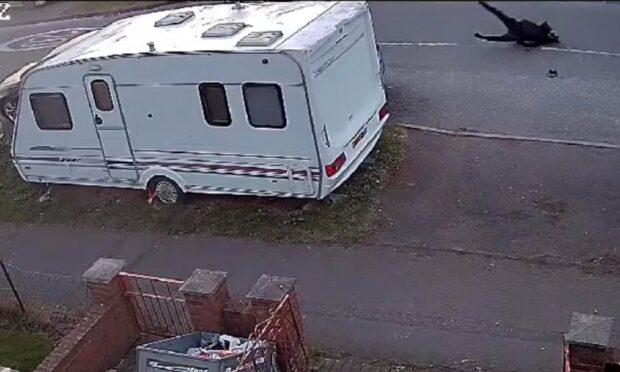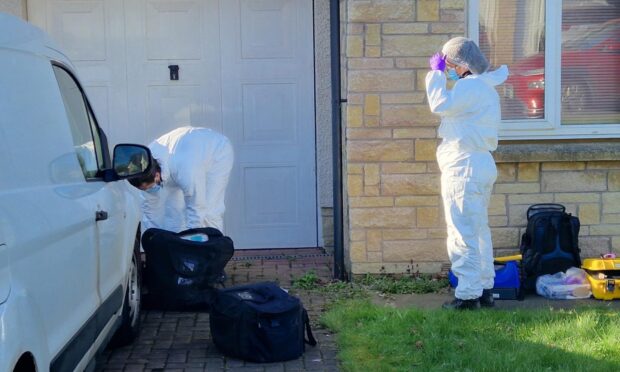People across Scotland lost more than £700,000 in just six months as a result of doorstep scams, police have revealed.
According to official figures, 249 victims lost more than £700,000 between April and September 2018 after being targeted at home by criminals.
The news comes following a number of incidents across Tayside and Fife.
Just a few weeks ago, bogus workmen reportedly carried out 20 minutes of work for £400 in Broughty Ferry.
A 71-year-old Brechin pensioner was also conned out of nearly £20,000 in September last year by someone claiming to be from his internet provider.
Police Scotland’s statistics were published before the launch of their new campaign, Shut Out Scammers, which aims to raise awareness of offenders carrying out cold-calls.
The campaign will be carried out in conjunction with a number of partner organisation in order to highlight prevention advice and support services.
Although half of all victims of scams are said to be vulnerable, officers have warned that all householders can be targeted by fraudsters, many of whom have links to organised crime groups.
Chief Superintendent John McKenzie said: “Nobody is immune to this kind of crime. It is incredibly invasive and victims often feel embarrassed about being deceived.
“We take doorstep crime very seriously and understand the significant impact it has on victims. It is vital that people report crimes to us when they happen.
“Our Shut Out Scammers campaign will help us stop more members of our communities being targeted by those intent on defrauding them of cash or gaining access to their homes.
“We want to make sure victims know where to turn to so that they can receive all the necessary support and assistance.
“There is no specific look to a bogus caller or rogue trader. Be alert, and if you have any concerns at all, do not allow an individual entry to your home, or provide them with any form of payment and do not hesitate to phone the police immediately.
“Always ask for ID and only let callers in if they have an appointment and you know that they are genuine.”
The chief executive of one of the partnership organisations, Citizens Advice Scotland, Derek Mitchell said: “A scam is a crime and should be treated as such.
“The Scottish CAB (Citizens Advice Bureau) network is always happy to engage with campaigns like this to help people avoid scams, and to stress the importance of reporting them.
“Scammers rely on people not talking about them to friends and neighbours, so the more we talk about this issue the better. If you have experienced any type of scam we would urge you to report it. If we all work together we can beat the scammers.”










